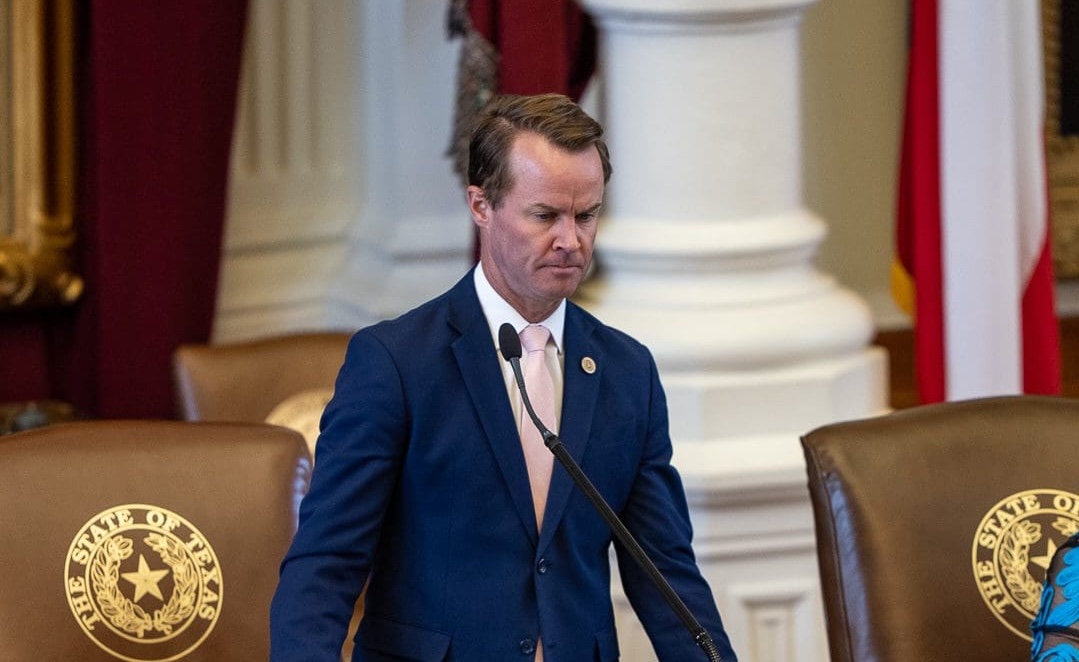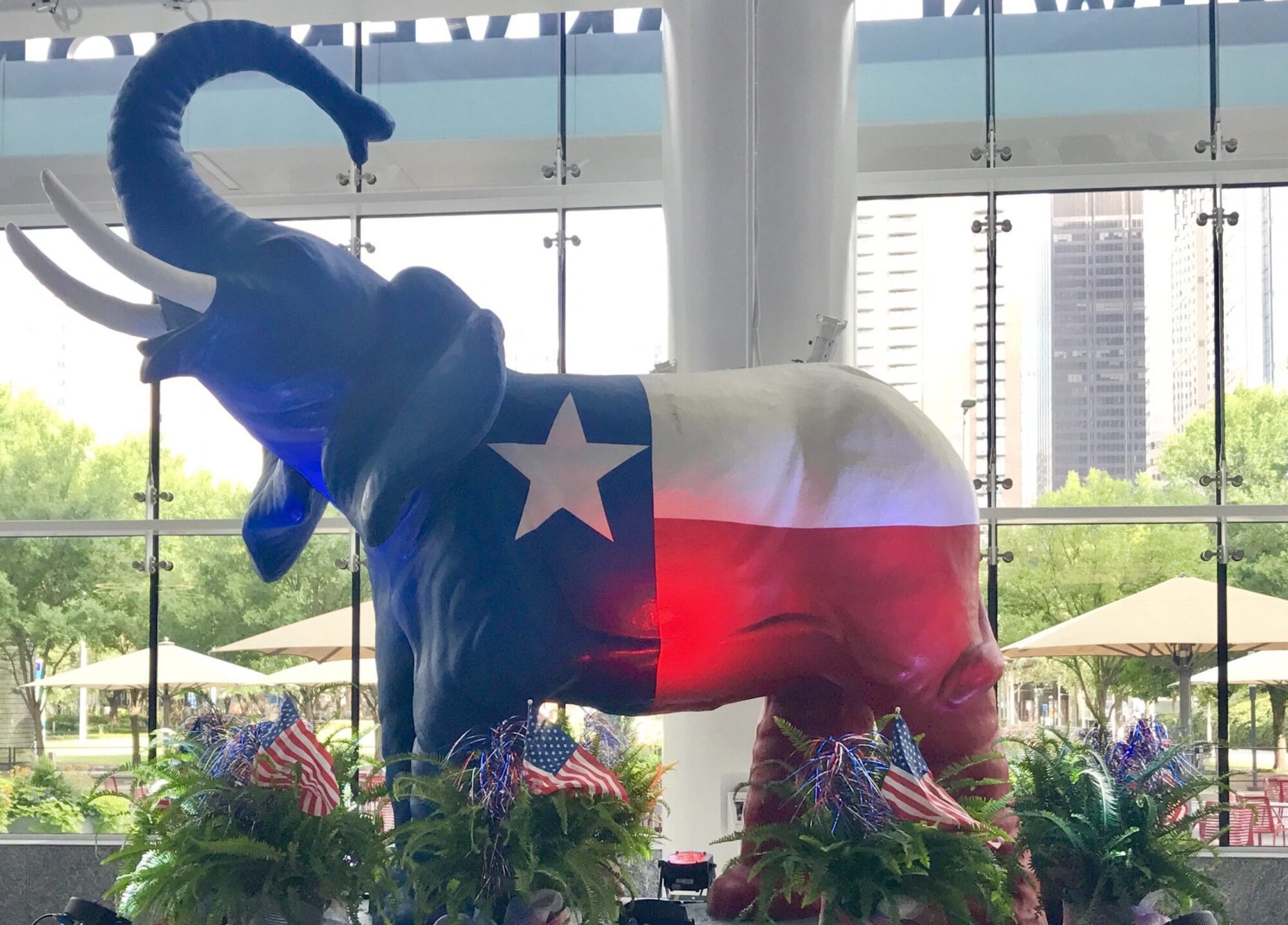UPDATE: This article has been updated since publication with comments from Brian Walker.
The Texas Supreme Court has rejected an effort to remove incumbent Justice John Devine from the Republican Primary ballot.
Devine, considered by observers to be the court’s most consistently conservative member, is up for re-election this year and is being challenged by Brian Walker, who currently sits on the Fort Worth-based 2nd Court of Appeals. Walker’s father is Scott Walker, a member of the Texas Court of Criminal Appeals.
In order to qualify for a place on the ballot for the Texas Supreme Court, each candidate must obtain at least 50 signatures from each of the state’s 14 courts of appeals districts. The election code also states that “a person may not sign the petition of more than one candidate for the same office in the same election.”
Walker alleged that Devine was deficient in the El Paso Court of Appeals District, also known as District 8, and sought emergency relief from the Supreme Court to remove Devine’s name from the Republican primary ballot.
The Supreme Court rejected Walker’s request for relief, stating, it “was not brought promptly, and, even if it had been, our precedent requires that, under circumstances like these, the challenged candidate first be given an opportunity to cure a defect in his petition signatures.”
According to the court’s layout of events, “Devine filed his ballot application on November 14, 2023—almost as soon as the filing period opened—which left almost a month for further supplementation if needed. And Chairman Rinaldi accepted the filing on December 1, ten days before the filing deadline. Walker—the only person who could have known before the filing deadline about any problems with the eighteen signatures that apparently were on both candidates’ petitions—filed his application on December 4 and then waited until December 27—weeks after the deadline had passed—before alerting anyone to the purported problem.”
“Walker argues that he could not challenge Devine’s petition while Devine retained the ability to amend his petition,” reads the court’s decision. “The opposite is true. Devine’s right to amend, made possible by his early filing, is precisely what obligated Walker to bring such a challenge as early as possible. Under principles of equity, in light of the overriding goal of maximizing proper ballot access rather than eliminating opponents through litigation, courts entertain speedy actions because they permit challenged candidates to demonstrate compliance with filing requirements.”
A timely challenge would advance rather than impede ballot access because it would alert all parties to any deficiencies and enable a candidate to correct them if he could. But when a party slumbers on his rights—or, indeed, does not slumber but carefully lies in wait—these principles are not advanced but impaired.
However, the court says that “the ultimate remedy he [Walker] seeks—withdrawing certification of the challenged candidate—would still be unavailable because our precedent requires that candidates who themselves have promptly filed be given an opportunity to cure defects in petition signatures.”
Brian Walker’s full statement on the decision can be found below:
I respectfully disagree and do not believe the Court got this right. As far as delay, how could a candidate challenge based on a deficiency that they did not know was present, or get relief from a Chair that was non-responsive? Rinaldi’s subordinates did not give us copies of Devine’s petitions until Dec 21st and the next day they closed their doors until January 3rd — 12 days that they were virtually impossible to reach. It would have been near impossible for us to move any faster than we did in an attempt to hold the party, and Devine, accountable to what the law clearly required before today’s sweeping decision. The Court says we were too slow but the law passed by the Legislature says that candidates can challenge up until 50 days before the election, which is still not until next Monday, January 15th. And, as far as Devine’s extra petition sheets, I find it very odd that he just so happened to have four extra sheets in the specific district, El Paso, where, after the filing deadline, he and I both discovered that he was deficient.
Devine did not respond to Texas Scorecard’s request for comment before publication.





